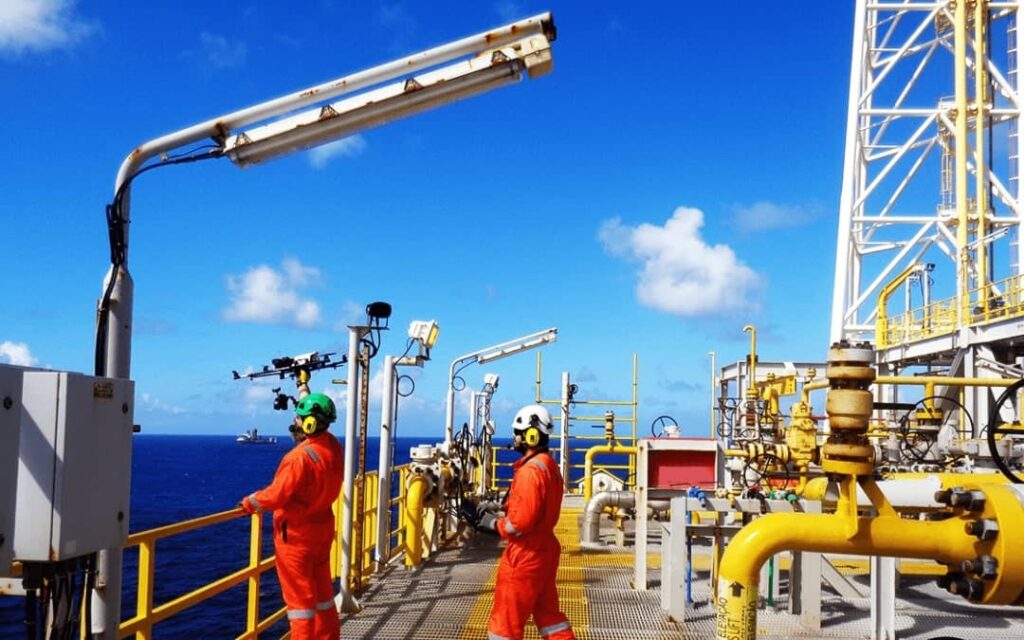In an ever-evolving industry like oil and gas, innovation is the key to staying ahead of the curve. Over the years, advancements in technology have revolutionized the way oil and gas operations are conducted, leading to increased efficiency, safety, and sustainability. In this blog post, we’ll explore the role of technology in driving innovation in the oil and gas sector in Nigeria and how companies can leverage these advancements to optimize operations and maximize profitability.
1. Advanced Drilling Techniques
One of the most significant technological advancements in the oil and gas industry is the development of advanced drilling techniques. Traditional drilling methods often required extensive manual labor and posed significant environmental risks. However, with the introduction of technologies like horizontal drilling and hydraulic fracturing, companies can now access previously inaccessible reserves more efficiently and with minimal environmental impact. These advanced drilling techniques have not only increased production rates but have also opened up new opportunities for exploration and extraction in challenging environments.
2. Digital Monitoring Systems
Another area where technology has made a significant impact is in the implementation of digital monitoring systems. These systems utilize sensors, drones, and other IoT (Internet of Things) devices to collect real-time data on various aspects of oil and gas operations, such as production rates, equipment performance, and environmental conditions. By analyzing this data in real-time, companies can identify potential issues before they escalate, optimize production processes, and make data-driven decisions to improve efficiency and reduce costs. Additionally, digital monitoring systems enhance safety by providing early warnings of potential hazards and allowing for proactive measures to be taken to mitigate risks.
3. Remote Operations and Automation
Advancements in automation and remote operation technologies have also transformed the way oil and gas operations are managed. With the introduction of autonomous vehicles, robotic drilling rigs, and remote-controlled equipment, companies can now conduct operations in remote or hazardous environments with minimal human intervention. This not only improves safety by reducing the exposure of workers to dangerous conditions but also increases efficiency by enabling continuous operations without the need for frequent manual intervention. Remote operations and automation also offer cost savings by reducing labor costs and optimizing resource utilization.
4. Environmental Sustainability
In addition to improving operational efficiency and safety, technology has played a crucial role in enhancing environmental sustainability in the oil and gas industry. Innovations such as advanced wastewater treatment systems, carbon capture and storage technologies, and renewable energy integration have helped reduce the industry’s carbon footprint and minimize environmental impact. By investing in sustainable technologies and practices, companies can not only meet regulatory requirements but also improve their public image and contribute to a cleaner and greener future.
In conclusion, technology continues to drive innovation in the oil and gas industry, offering opportunities for increased efficiency, safety, and sustainability. By harnessing the power of advanced drilling techniques, digital monitoring systems, remote operations, and environmental sustainability initiatives, companies can optimize operations, reduce costs, and position themselves for long-term success in the dynamic and competitive oil and gas market.


